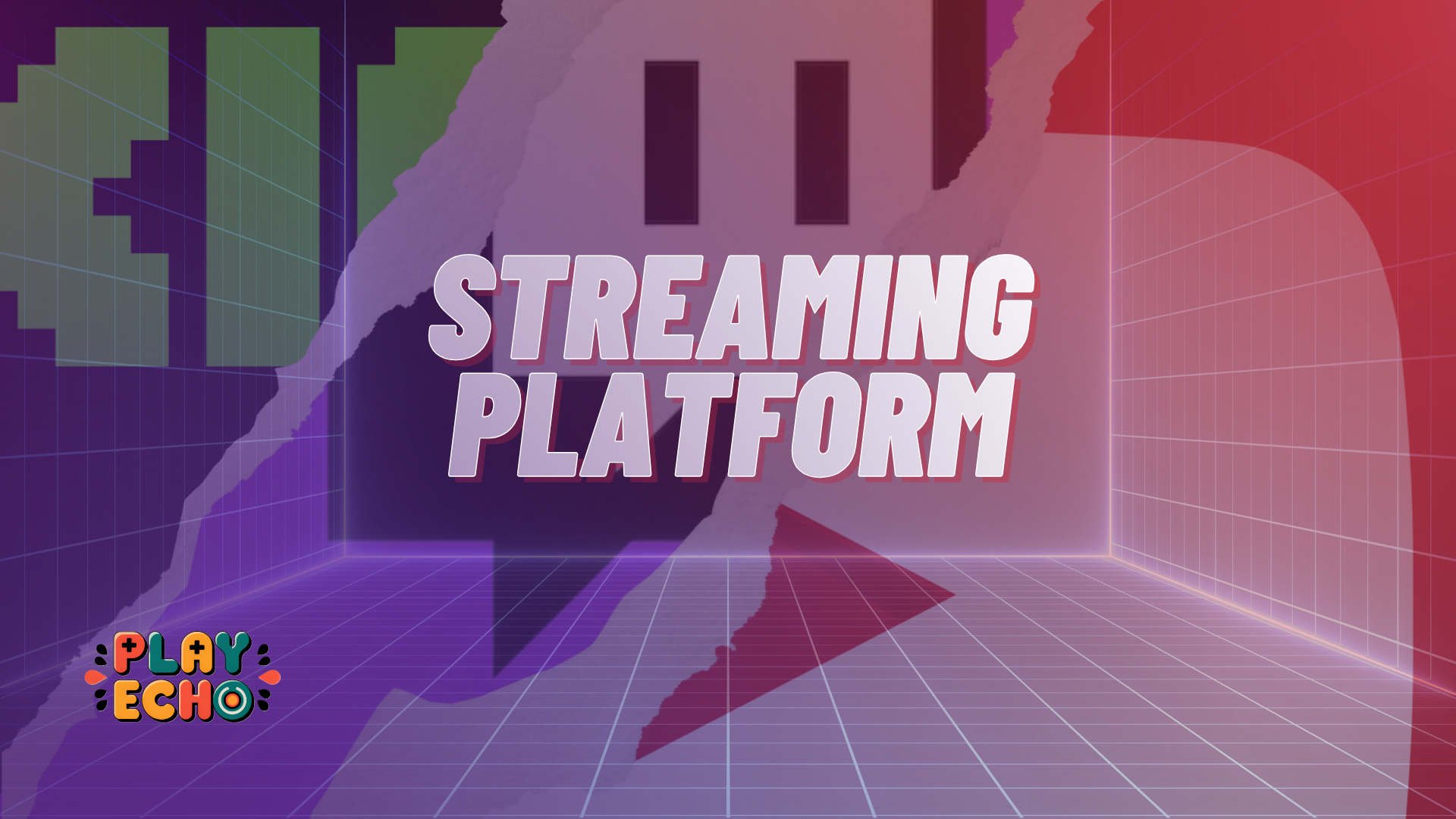
The Impact of Streaming Platforms on Game Popularity in 2025
An in-depth analysis of how streaming platforms have influenced and shaped the popularity of video games in 2025, examining trends, statistics, and industry shifts.
GAME INDUSTRY
Tama
1/22/2025
Streaming Platforms Redefine Game Popularity in 2025
In 2025, streaming platforms have solidified their role as one of the most significant forces shaping the gaming industry. Services like Twitch, YouTube Gaming, and Facebook Gaming are no longer just platforms for entertainment; they have become powerful marketing tools, revenue generators, and cultural hubs for gaming enthusiasts worldwide. The intersection of technology, audience engagement, and game development has elevated these platforms to unprecedented levels of influence.
The adoption of high-speed internet and 5G connectivity has been instrumental in this evolution. With lag-free, high-definition streaming available to more people, streamers can broadcast their gameplay with unparalleled quality and reach. This improved accessibility has turned gaming into a global phenomenon where anyone can share their skills, personality, and experiences with a massive audience. For viewers, the barrier to participation is minimal, enabling millions to enjoy content on-demand or through live broadcasts.
Developers have recognized the immense potential of streaming platforms and are now designing games specifically tailored for these ecosystems. Games with high replayability, engaging narratives, and interactive elements tend to perform well on streaming services. For example, titles like "Among Us" and "Minecraft" have thrived due to their ability to foster streamer-audience engagement. This trend has encouraged developers to incorporate mechanics that not only entertain players but also captivate audiences. Features like audience polls, real-time voting, and community-driven gameplay events are becoming more common, enhancing the synergy between players and viewers.
Streaming platforms also play a pivotal role in the marketing of new games. Before a game's release, publishers often partner with influential streamers to generate excitement and awareness. Live demonstrations and early access gameplay shared by popular streamers can create buzz and build anticipation among millions of viewers. Games like "Elden Ring" and "Fortnite" have benefited immensely from this kind of exposure, driving sales and player engagement far beyond traditional advertising methods.
The economic impact of streaming platforms is profound. Revenue from streaming now encompasses multiple channels, including subscriptions, donations, sponsorships, and in-game purchases driven by viewer interest. For example, a streamer showcasing limited-time items in a game can spark immediate sales among their audience. Esports, too, has seen exponential growth due to streaming. The ability to broadcast tournaments to millions of fans globally has made competitive gaming a mainstream spectacle. Esports titles like "League of Legends" and "Valorant" continue to attract massive audiences, with prize pools reaching record-breaking figures.
The social aspect of streaming platforms cannot be overlooked. Communities formed around streamers and games foster a sense of belonging among viewers. Chat features and live interactions allow fans to engage directly with content creators, creating a unique bond that traditional media cannot replicate. These communities often become self-sustaining, with fans sharing clips, memes, and discussions that further amplify a game's reach and popularity.
However, the influence of streaming platforms is not without challenges. Developers face pressure to create content that appeals to streamers and their audiences, sometimes at the expense of creative diversity. The success or failure of a game can hinge on its reception by a handful of influential streamers, making the industry highly volatile. Additionally, the rise of toxic behavior in some communities highlights the need for better moderation and inclusive practices on these platforms.
Despite these challenges, the symbiotic relationship between streaming platforms and the gaming industry continues to flourish. Games are now designed with streaming in mind, and streamers are shaping the tastes and preferences of global audiences. As technology advances, the integration of virtual reality, augmented reality, and AI-driven interactions will likely push the boundaries of what streaming platforms can achieve.
The year 2025 marks a pivotal point where streaming platforms are not just influencing the gaming industry, they are defining it. Their ability to connect people, drive innovation, and transform how games are experienced ensures that their impact will continue to grow in the years to come.
Conclusion
By 2025, streaming platforms have indelibly reshaped the gaming landscape, dictating game popularity and influencing development trends. As the industry continues to evolve, the partnership between game developers and streaming services will likely deepen, further integrating streaming dynamics into the core of gaming culture.
PlayEcho delivers the latest news, reviews, and insights from the gaming world, highlighting local talents and global trends for gamers everywhere.
FAQs
How have streaming platforms influenced game development in 2025?
A: Developers now design games with features that enhance streaming appeal, such as interactive elements and community engagement tools, to attract both players and viewers.What role do streamers play in a game's popularity?
A: Prominent streamers can significantly boost a game's visibility and popularity by showcasing gameplay to large audiences, effectively serving as influential marketers.How has the economic landscape of gaming changed due to streaming?
A: Streaming has introduced new revenue streams, including advertising, sponsorships, and in-game purchases, and has propelled the growth of esports as a profitable industry.What challenges arise from the reliance on streaming platforms?
A: The focus on stream-friendly content may limit creative diversity in game development, and negative feedback from influential streamers can negatively impact a game's success.How have gaming communities evolved with streaming platforms?
A: Streaming has facilitated the growth of interactive and engaged communities, allowing for real-time communication and shared experiences between players and viewers.
Terms and Conditions
Privacy Policy
PlayEcho
Newest information about game industry and analysis.
Subscribe to our newsletter
© 2025. All rights reserved.








